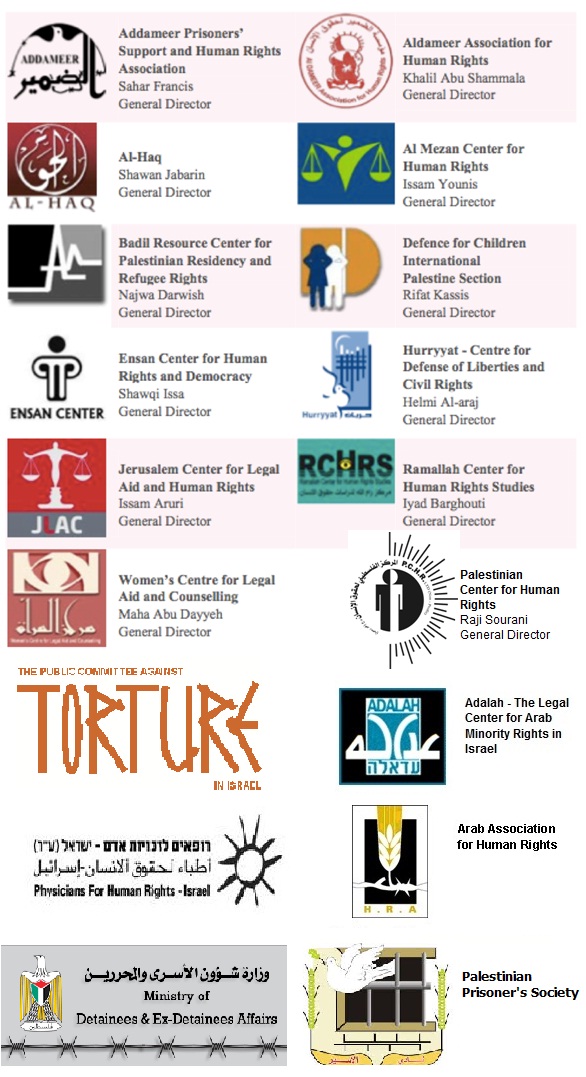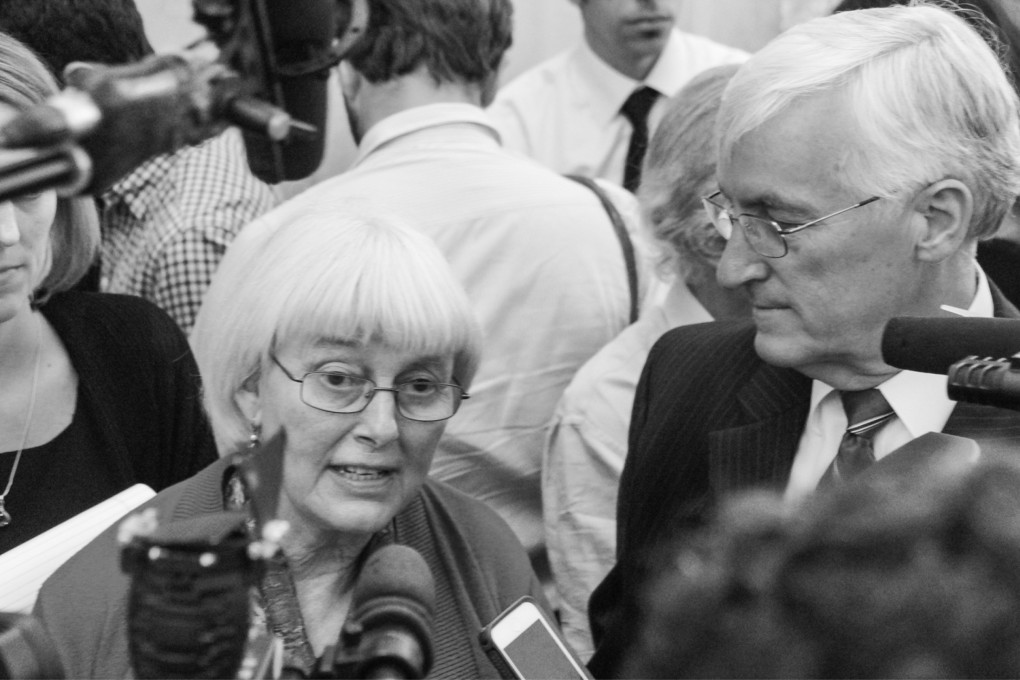-
Eight shebab [youths] kidnapped in Asira al-Qibliya
2nd June 2014 | International Women’s Peace Service | Asira al-Qibliya, Occupied Palestine At around 2 am on Sunday night, five Israeli military jeeps, three large military vehicles, and some 30 soldiers on foot arrived in the village of Asira al-Qibliya (south of Nablus). In total silence, they started entering Palestinian houses without knocking on their doors first. That […]
-
Human rights organizations request immediate intervention from EU Foreign Policy Chief Catherine Ashton
1st June 2014 | Addameer Prisoner Support and Human Rights Association | Ramallah, Occupied Palestine Baroness Catherine Ashton High Representative of the European Union for Foreign Affairs and Security Policy Vice-President of the European Commission 242, rue de la Loi B-1049 Brussels Date: 01 June 2014 Re: Mass Hunger Strike of Palestinian ‘Administrative Detainees’ Dear High […]
-
The case of Rachel Corrie
1st June 2014 | Jack Pine Tribune | Occupied Palestine Over a decade after Rachel Corrie was crushed under the blades of an Israeli bulldozer in Rafah, her parents Craig and Cindy Corrie found themselves in the halls of the Supreme Court of Israel. The Corries were appealing a verdict handed down in 2013 by Judge Oded […]
Action Alert An Nabi Saleh Apartheid Wall Arrests BDS Bethlehem Bil'in Cast Lead Demonstration Denial of Entry Ethnic Cleansing Farmers Gaza Global Actions Hebron House Demolition International law Israeli Army Jerusalem Live Ammunition Nablus Ni'lin Prisoner Ramallah Rubber-coated steel bullets Settlement Settlers Settler violence Tear-Gas Canister Video

![Eight shebab [youths] kidnapped in Asira al-Qibliya](https://palsolidarity.org/wp-content/uploads/2014/06/asira4.jpg)

